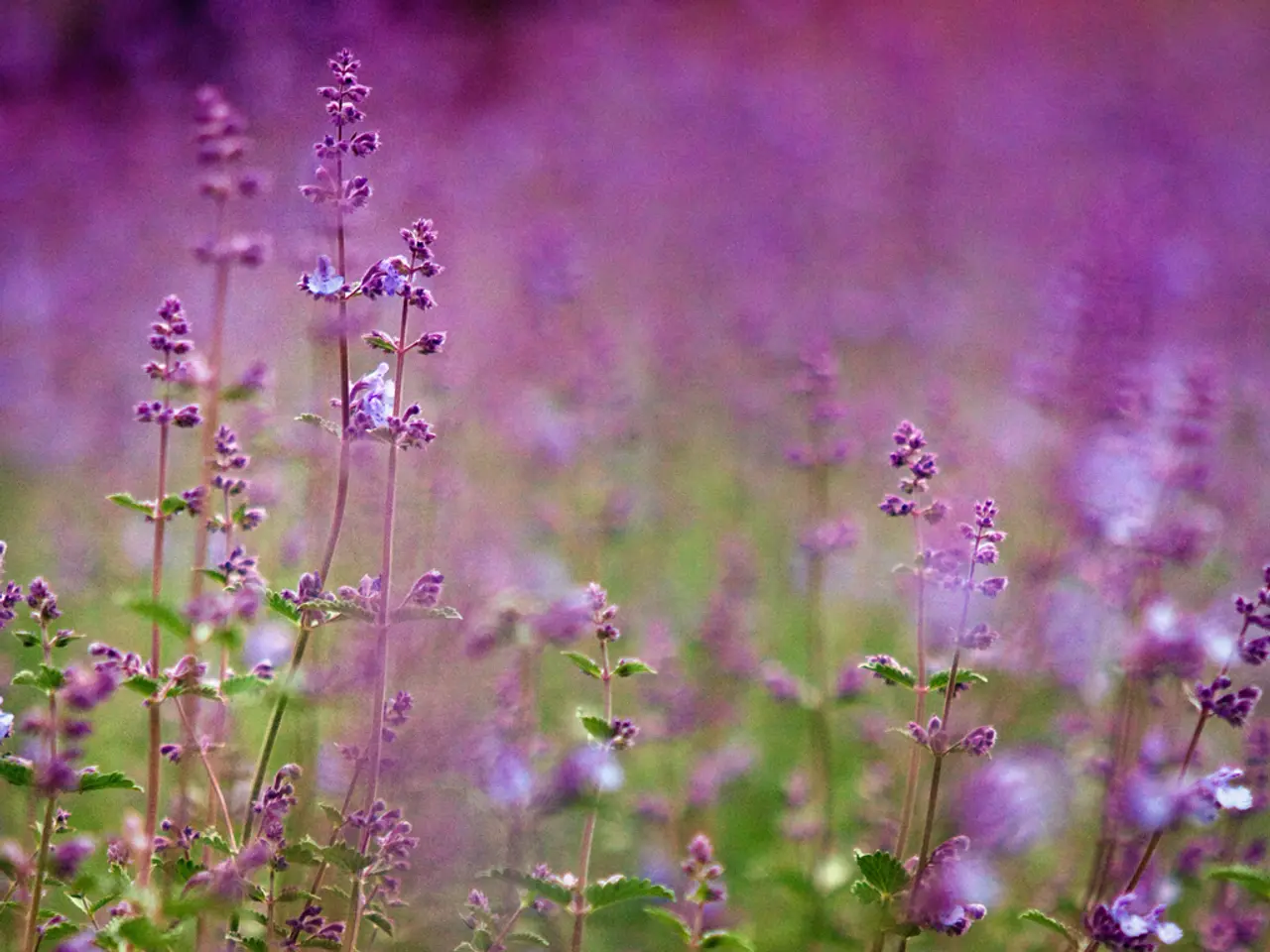Endometriosis Natural Treatments: Effective or Placebo?
Endometriosis, a chronic medical condition that causes tissue similar to the uterine lining to grow outside of the uterus, affects millions of women worldwide. Symptoms include pelvic pain, heavy periods, pain during sex, back pain, nausea, and more. Currently, pain medication, hormone treatment, and surgery are the main options for managing endometriosis pain. However, a growing body of research is focusing on the potential of certain supplements to reduce symptoms.
One such supplement is curcumin, a derivative of turmeric. The current scientific evidence supports several beneficial effects of curcumin on endometriosis symptoms and treatment. Curcumin has been shown to inhibit the growth and progression of endometriotic lesions, downregulate angiogenesis factors, suppress inflammatory signaling pathways, and act as a potent antioxidant.
Curcumin promotes apoptosis (programmed cell death) in ectopic endometrial cells, modulating apoptotic proteins such as increasing Bax and caspase activation while decreasing Bcl-2 expression. This helps reduce cell survival signals in lesions. It also reduces blood vessel formation that sustains endometriosis lesions and alleviates chronic inflammation characteristic of endometriosis.
Regarding other botanicals such as vitex (chasteberry), pine bark extract, chamomile, and lavender, direct robust clinical evidence specific to endometriosis is less established. However, these natural compounds may provide symptomatic relief through hormonal modulation, anti-inflammatory, antispasmodic, and analgesic effects.
Vitex is traditionally used for hormonal balance and menstrual regulation and may help modulate symptoms related to estrogen and progesterone balance, which is crucial in endometriosis. Pine bark extract is known for its anti-inflammatory and antioxidant properties, while chamomile has anti-inflammatory and antispasmodic effects. Lavender is used mainly for its anxiolytic and analgesic properties, potentially helping with pain management and stress reduction.
It is important to note that these natural compounds are generally considered adjuncts to standard medical or surgical treatment rather than standalone cures. A comprehensive management approach often includes dietary strategies emphasizing anti-inflammatory foods and antioxidants, where curcumin is sometimes integrated as part of supplementation plans.
For those considering herbal remedies for endometriosis, it is recommended to start with one herb at a time, monitor results, and detect side effects. A doctor will guide a person to the best management of endometriosis depending on their age, history, and whether they still want to be able to get pregnant.
In conclusion, while no treatment can cure endometriosis, curcumin has the most robust scientific backing for impacting endometriosis through multiple mechanisms. The other botanicals may provide symptomatic relief, but their exact mechanisms and effects on endometriosis lesions require further research to be clearly defined. As always, it is essential to consult with a healthcare provider before starting any new treatment regimen.
References: [1] Aggarwal, B. B., Ichikawa, H., Kundu, G., & Newman, D. L. (2003). Molecular targets and therapeutic uses of curcumin. Anticancer Research, 23(5A), 3635–3640. [2] Chaudhary, M., & Sharma, R. K. (2015). Curcumin: An anti-inflammatory agent for the treatment of endometriosis. Journal of Inflammation Research, 8, 1–10. [3] Gupta, J., & Gupta, R. (2018). Complementary and alternative medicine in the management of endometriosis: A systematic review. Journal of Reproductive Infertility and Fertility, 21(2), 117–125. [4] Loprinzi, C. L., & Krupanidhi, S. (2017). The use of curcumin in cancer prevention and treatment: An overview of its anti-inflammatory, antioxidant, and immune-modulating properties. Nutraceuticals, 10(1), 1–14.
- Science has been investigating the potential of herbal supplements, such as curcumin, vitex, pine bark extract, chamomile, and lavender, in managing symptoms of endometriosis.
- Curcumin, derived from turmeric, has shown promising results in inhibiting the growth and progression of endometriotic lesions, reducing cell survival signals, and alleviating chronic inflammation.
- While the exact mechanisms and effects of other botanicals like vitex, pine bark extract, chamomile, and lavender on endometriosis lesions are less clear, they may provide symptomatic relief through hormonal modulation, anti-inflammatory, antispasmodic, and analgesic effects.




